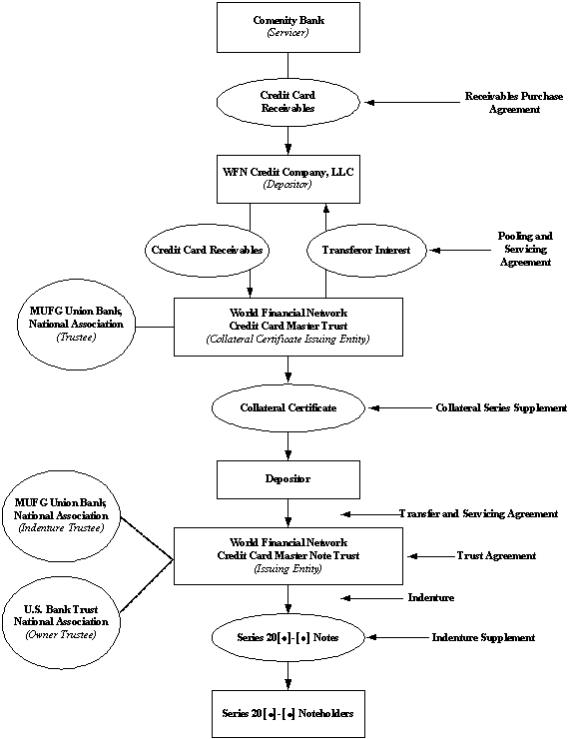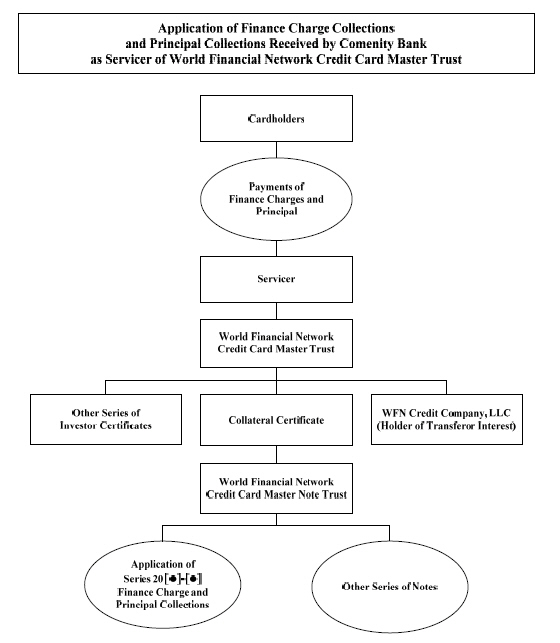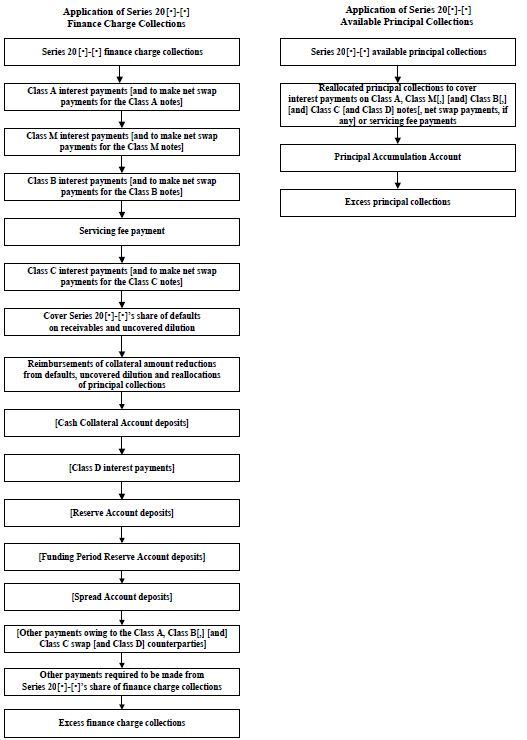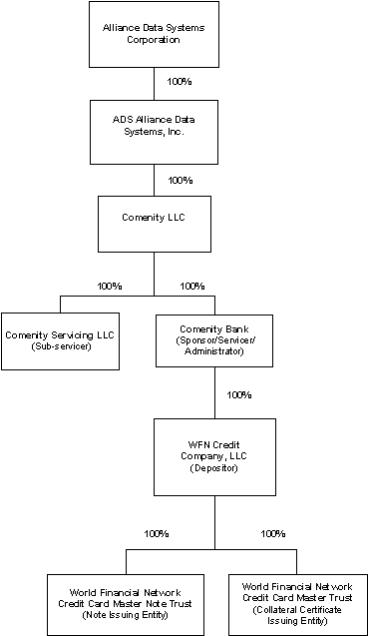result in the elimination of over limit fees, dictate how certain payments are applied (for example to higher APRs before lower APRs), and impact the time that must be allowed for payment to avoid late fees and to obtain the benefit of a grace period. In addition, significant new disclosure requirements may impact the ways in which consumers use and repay their accounts. The bank has realigned its practices to comply with the CARD Act by adjusting the rates, fees, minimum payments, and other terms on its accounts and the ways in which those accounts are underwritten, managed and processed.
Compliance with the Military Lending Act (the “MLA”) became effective, with respect to the bank’s credit card programs, on October 3, 2017. The MLA extends specific protections to active-duty members of the military and certain family members (collectively, “covered borrowers”). These protections include, but are not limited to: a limit on the Military Annual Percentage Rate of 36% (“MAPR”), delivery of certain required disclosures before origination and a prohibition on mandatory arbitration agreements. If the bank were to extend credit to a covered borrower without complying with the applicable MLA provisions, the credit card agreement could be void from its inception.
Additionally, the Dodd-Frank Wall Street Reform and Consumer Protection Act (the “Dodd-Frank Act”) established the Consumer Financial Protection Bureau (the “CFPB”), a federal consumer protection regulator. The CFPB assumed rulemaking authority under the existing federal consumer financial protection laws, and enforces those laws against and examine certainnon-depository institutions and insured depository institutions with total assets greater than $10 billion and their affiliates. Both Comenity Bank and Comenity Capital Bank are under the CFPB’s supervision and the CFPB may, from time to time, conduct reviews of their practices. In addition, the CFPB’s broad rulemaking authority is expected to impact the bank’s operations, including with respect to deferred interest products. For example, the CFPB’s rulemaking authority may allow it to change regulations adopted in the past by other regulators, including regulations issued under the Truth in Lending Act or the CARD Act. The ability of the CFPB to rescind or ignore past regulatory guidance could increase the bank’s compliance costs and litigation exposure. Further, the CFPB has broad authority to prevent “unfair, deceptive or abusive” acts or practices and has taken action against other credit card issuers and financial services companies. Evolution of these standards could result in changes to pricing, practices, procedures and other activities relating to the accounts in ways that could reduce the associated return. It is unclear what changes would be promulgated by the CFPB and what effect, if any, such changes would have on the trust assets. See “ —Financial regulatory reform legislation could have a significant impact on us, the issuing entity or the bank” below.
In the normal course of business, from time to time, the bank has been named as a defendant in various legal actions, including arbitrations, class actions and other litigation, arising in connection with its business activities. While historically the arbitration provision in the bank’s customer agreements generally has limited the bank’s exposure to consumer class action litigation, there can be no assurance that the bank will be successful in enforcing the arbitration clause in the future. There may also be legislative, administrative or regulatory efforts to directly or indirectly prohibit the use ofpre-dispute arbitration clauses.
The requirements of the CARD Act and any future adverse changes in federal and state consumer protection laws or regulations, or adverse changes in their applicability or interpretation, could make it more difficult for the servicer to collect payments on the receivables or reduce the finance charges and other fees that can be charged, resulting in reduced collections. If as a result of the requirements of the CARD Act or any adverse changes in these laws or regulations or in their interpretation, the bank or its affiliates were required to reduce their finance charges and other fees, resulting in a corresponding decrease in the effective yield of the credit card accounts designated to the trust, an early amortization event could occur and could result in an acceleration of payment or reduced payments on your notes.
The bank is also involved, from time to time, in reviews, investigations and proceedings (both formal and informal) by governmental agencies regarding the bank’s business, which could subject the bank to significant fines, penalties, obligations to change its business practices or other requirements.
Receivables that do not comply with consumer protection laws may not be valid or enforceable under their terms against the obligors on those receivables. If a cardholder sought protection under federal or state bankruptcy or debtor relief laws, a court could reduce or discharge completely the cardholder’s obligations to repay amounts due on its account and, as a result, the related receivables would be written off as uncollectible. See “The Trust Portfolio—Consumer Protection Laws” in this prospectus.
36



